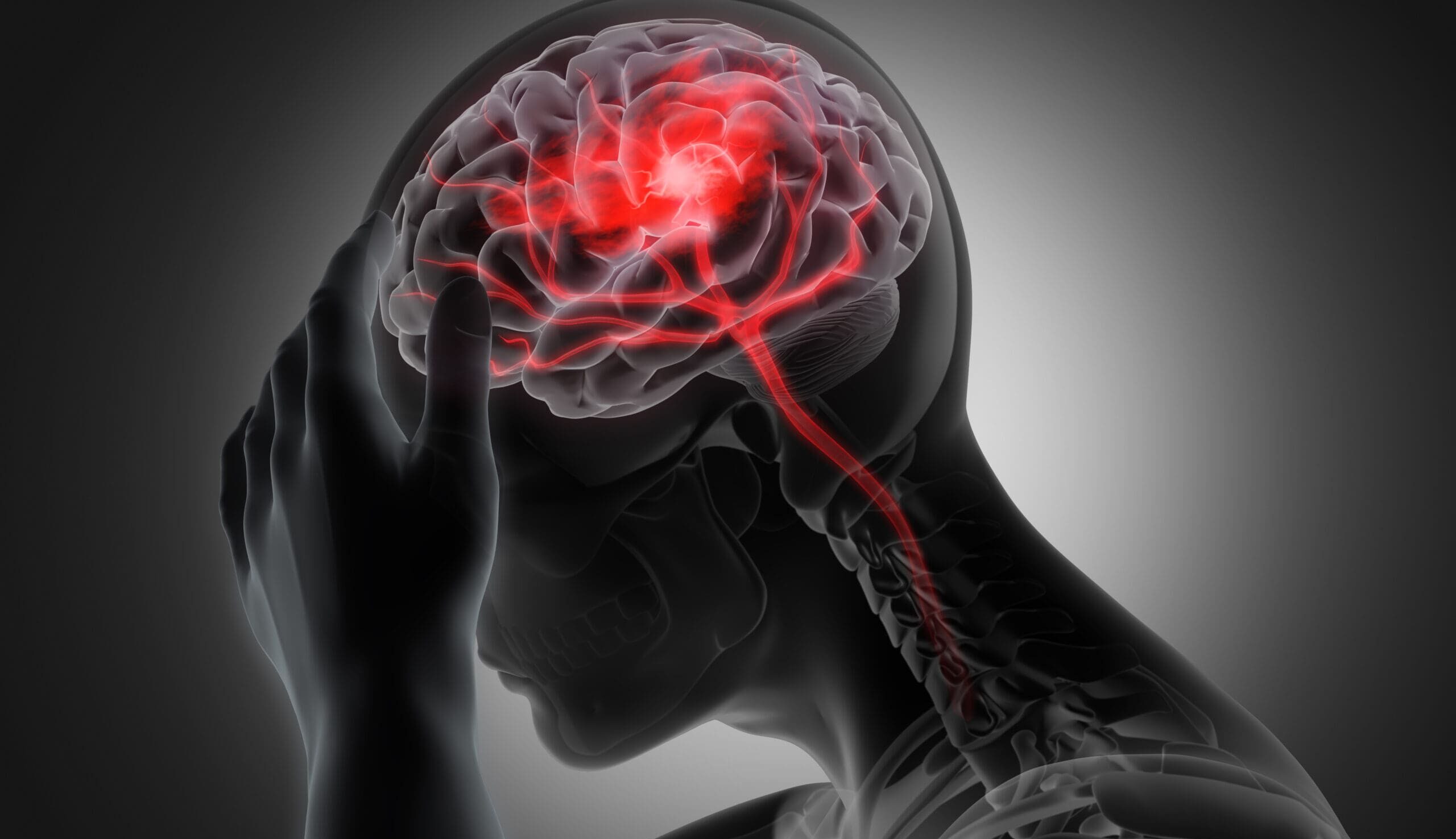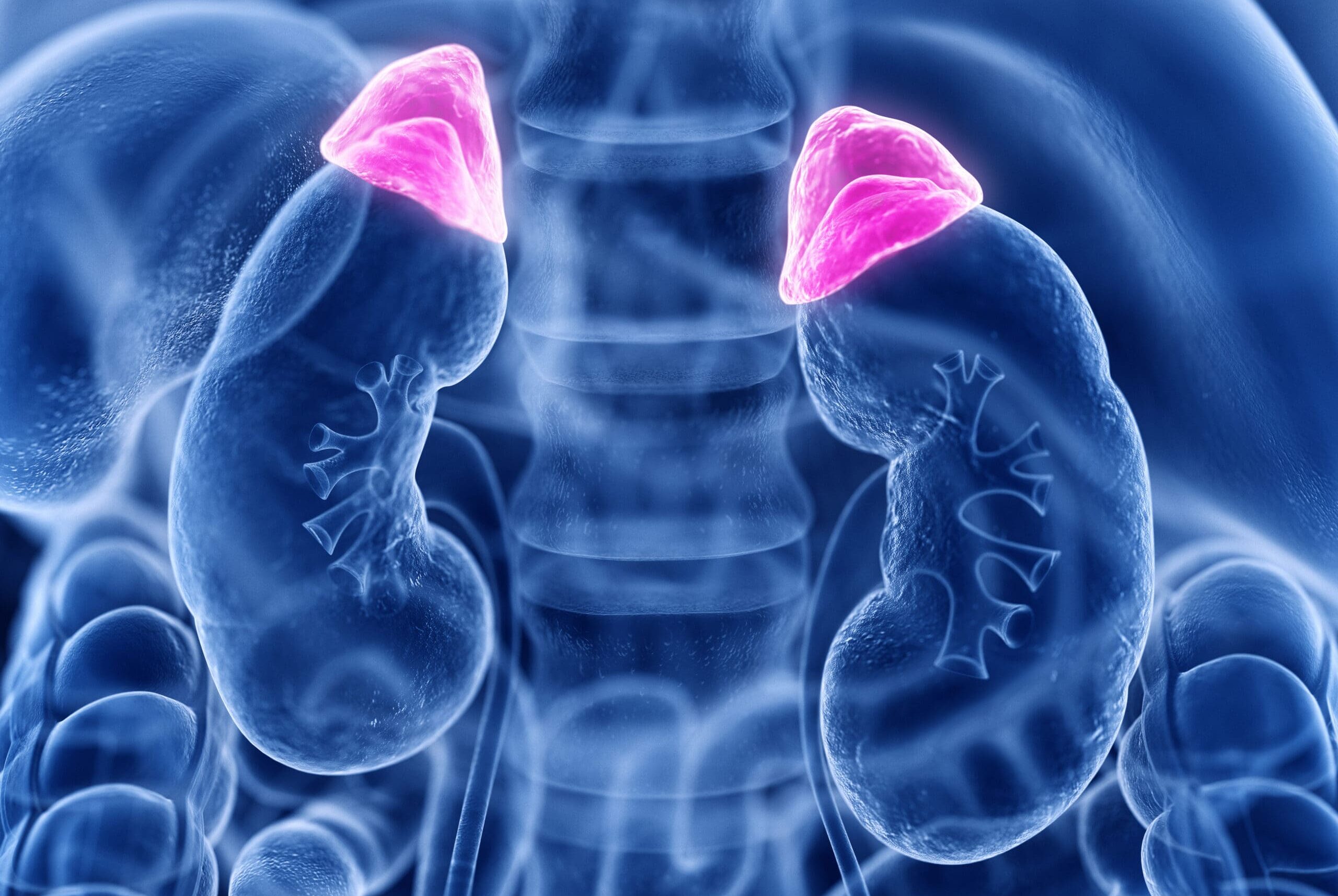How fibre and gut bacteria can reverse stress damage
Due to the fast-paced world we live in, stress has become endemic and many of us want a solution to counteract the harmful effects that stress can have on our bodies. The bacteria that live in our gut aka our microbiome has become more and more recognised as a key factor in mental health issues, such as depression and anxiety. This is due to the gut-brain connection, such as when we are feeling nervous or tense it can speed up our bowel movements, or vice-versa. If we haven’t eaten in a while we can become ‘hangry’. A troubled brain can affect the gut, and a troubled gut can affect the brain.
Although stress is a mental state, it can have a physical effect on our gastrointestinal system and the bacteria that reside within it. A study published in Nature Journal found that high levels of stress can affect gut bacteria to a similar degree as a high-fat diet, while other studies have shown that reducing the number of bacteria in the gut can produce stress-induced activity in mice. This indicates that stress can alter gut bacteria, and gut bacteria in turn can impact stress levels.
A team of researchers at University College Cork and Teagasc Food Research Centre in Ireland found that when short-chain fatty acids (SCFAs) were introduced to the guts of mice, stress and anxiety-based behaviours were significantly reduced. They found that the SCFAs reduced the gut leakiness caused by persistent stress. This allows us to deduce that a high-fibre diet might prompt gut bacteria to produce more SCFAs – thereby boosting our gut’s natural defences against the damage caused by stress.
Dr Cabot’s Ultimate Gut Health is designed to soothe, heal and repair the gut lining, supporting better digestion and favourable and healthy gut bacteria.
References:
https://www.medicalnewstoday.com/articles/322636.php
https://www.nature.com/articles/s41598-017-11069-4
https://microbiomejournal.biomedcentral.com/articles/10.1186/s40168-017-0321-3









Leave A Comment